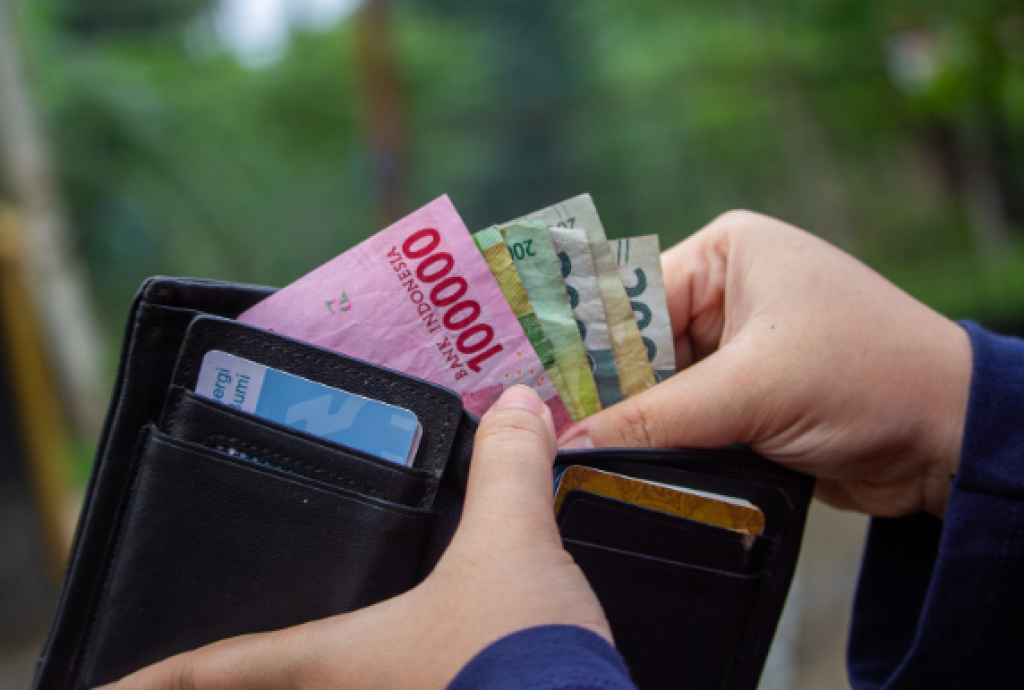
The Ultimate Guide to Payment Methods in Bali: Cash, Debit, and E-Wallet
Image by Ahsanjaya on Canva
Are you heading to Bali and wondering how best to handle your finances? When managing your money during your adventure, it's essential to consider your options. Should you stick with cash, rely on your credit card, or opt for the convenience of an e-wallet?
In this comprehensive guide, we'll delve into the advantages and disadvantages of each payment method, empowering you to make an informed decision that aligns with your preferences and needs.
Go Traditional with Cash
When traveling to Bali, it's important to note that the official currency is the Indonesian Rupiah. This means that other currencies, like the US dollar or Euro, are not accepted, and you must visit a money changer stall to exchange your cash for Indonesian Rupiah.
Cash is the preferred payment method across the island, whether you're visiting popular tourist attractions or shopping at local warungs. Card payments and QR code transactions are less common, so having the appropriate cash on hand is advisable. This will help minimize security risks such as theft or accidental loss. It's essential to store your cash securely in your wallet to ensure it remains safe during your travels.
Swipe with Ease: The Power of Credit and Debit Card
In Bali, credit and debit cards are widely accepted at a wide range of establishments, including luxury hotels, boutique cafes, and popular convenience store chains like Indomaret, Alfamart, and Circle K. Opting to use cards for payments not only saves you the hassle of exchanging money for Indonesian Rupiah, but it also presents additional perks, such as fraud protection and simplified expense tracking.
Using a credit or debit card for significant purchases is highly recommended, as it eliminates the need to carry large amounts of cash, which can be inconvenient and risky. Moreover, taking advantage of the rewards and points offered by your card issuer can enhance the value of your purchases and bring you additional benefits.
E-Wallets: Your Convenient Payment Solution
E-wallets have been gaining popularity in Indonesia as a payment method other than cards and cash. Various merchants, even small warungs, widely accept platforms like GoPay and OVO. An e-wallet offers convenience similar to a credit or debit card, as you need your phone to scan the QR code.
E-wallets provide convenience, especially for smaller transactions and daily expenses such as dining, transportation, and shopping. Many e-wallets also offer promotions, discounts, and cashback rewards, making them an appealing choice for budget-conscious travelers.
Foreign tourists need an Indonesian SIM card to register for the local e-wallet mentioned above. The e-wallet is also more manageable if you have an Indonesian bank account or can top it up with your GoJek or Grab driver.
Tips for Cash, Cards, and E-Wallets
When traveling in Bali, it's essential to consider various payment methods to manage your expenses effectively. Carrying cash, cards, and e-wallets can help you navigate different spending scenarios. Cash is helpful for smaller purchases like local markets, street vendors, and small stores where card acceptance might be limited. On the other hand, cards and e-wallets are convenient for more significant transactions, accommodations, dining at restaurants, and everyday expenses.
Additionally, informing your bank or card issuer about your travel plans before traveling is crucial to avoid any unexpected issues with using your cards abroad. This can help prevent your transactions from being flagged as suspicious and potentially blocked. Also, it's essential to know the fees associated with different payment methods, such as foreign transaction fees and ATM withdrawal fees. Understanding these fees can help you minimize unnecessary expenses and plan your finances more effectively.
For your financial security, use ATMs in well-lit and busy areas. Protect your cash and cards from theft or loss. When using e-wallets on your smartphone, ensure your device is secure and protected from unauthorized access.
By paying attention to these details, you can better protect your finances while enjoying the beauty of Bali.







